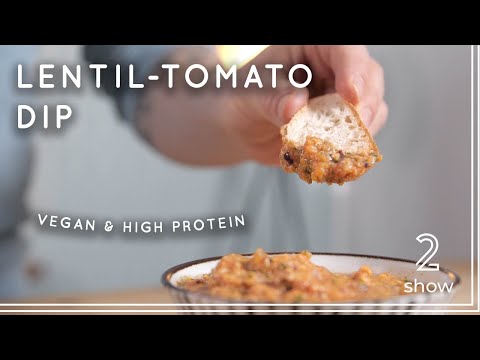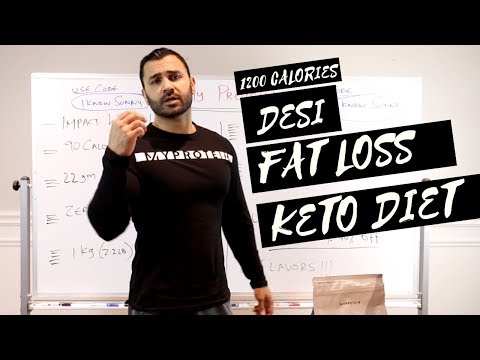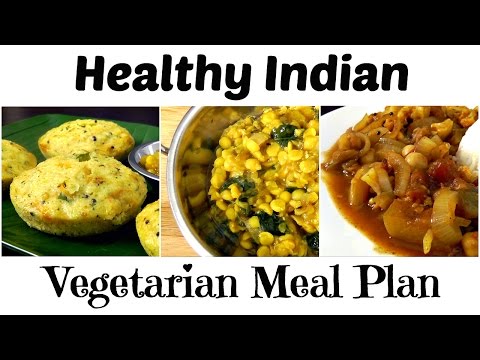
Tuna is one of the absolute BEST SOURCES OF PROTEIN when you are trying to lean down and put on MUSCLE….
During competition training I ate Tuna every single day…In fact I ate Tuna in many of my meals. However, it is very important that you CHOOSE THE RIGHT TUNA…
In this video you will see that a lot of the Tuna you buy off the shelf has SOY in it! This is a BIG PROBLEM because SOY CAUSES ESTROGEN TO INCREASE IN THE BODY.
So, pay very close attention to the selection process I go through when choosing Tuna.
Thanks and God Bless,
Ron Williams – Natural Bodybuilder of the Decade
tuna, muscle, bodybuilding, get lean, build muscle, burn fat, protein, protein meals, tuna fish, fish, high protein, meal prep, bodybuilding.com, bodybuilder, fitness, lose weight, lose fat, get big, grocery shopping, get huge, size, gainz, Ron Williams, natural bodybuilding, healthy meal prep, meal prep ideas, how to gain muscle, what to eat, nutrition, eat, health, albacore, albacore tuna, lean meals, diet, grow, fast, faster, bigger, stronger, weight loss, where to get, how to, strong
Tuna = The Best Food For Bodybuilders!
Matt Ryan
June 20, 2006
Cans of tuna vary in its nutritional value but you can find cans that contain up to about 30 gms protein, 1 gms carbs, 0 fats per 100 gms. Learn more about tuna and recipes here!
Tuna is a great food, but like anything, you get a little sick of it after awhile…
First off, for those of you who are new to bodybuilding or do not know much about nutrition might not realize how much protein is in tuna fish and how much it can benefit you.
Cans of tuna vary in their nutritional value, but you can find cans that contain up to about 30 grams protein, only 1 g carbs, and 0 fats per 100g. Look for tuna in brine or spring water, but stay away from tuna in oil because that is full of fat.
Also tuna is an inexpensive food. I live in Australia and for a 100g can it costs about $1.30, that would be about 70 cents U.S., so it’s a cheap and easy way of increasing your daily protein intake by adding 1 or 2 cans a day.
Ask any bodybuilder or fitness-lover what he or she thinks of canned tuna and there’s a good chance that you’ll get this answer: “Canned tuna is a time-saving miracle food,” said with eyes full of wonder and happiness. Of course, you have to like tuna to eat canned tuna.
Canned Tuna
As far as meal-in-a-can foods go, tuna is bland. If you eat it often-and you should-it will begin to defy all previous experience of the words “boring diet food.” But with this nutrition profile: 200 calories, 5 grams of healthy fats, and 40 grams of lean protein, how can you say no to canned tuna?
With these 8 mouth-watering recipes you’ll never have to neglect tuna in favor of something tastier. Your canned tuna will wear a new disguise every time you crack open a can. The secret identity of this delicious, protein-packed fish will remain hidden while your muscles bask in the benefits of healthy nutrition.
These recipes take just minutes to prepare and will make sure you’re never missing the mark on your protein requirements.
1 FETA AND TUNA PASTA SALAD
Feta cheese is a great source of protein and high in calcium, which helps with proper muscle contraction. Make sure you choose the lowest fat variety of feta cheese that you can find. If you’re a fan of feta salad, transform that dish into a tuna meal that’s packed with protein, healthy fats, and slow burning carbs.
Amount of Protein in Tuna
You may feel differently about a simple can of tuna when you compare its protein content to other foods. According to Columbia University, a 5-ounce can of tuna contains 43 grams of protein — the same amount as a 5-ounce piece of roasted chicken and more than a 5-ounce steak, which has 35 grams of protein. This amount is higher than other protein-rich foods such as an egg, which gives you 6 grams, and a cup of beans with 15 grams of protein.
Protein Requirements
The Harvard School of Public Health advises that how much protein you need in your diet varies by individual. Most adults need to get at least 0.8 grams of protein per day for each kilogram of body weight. For an average person on a 2,000-calorie diet, that means getting 75 grams of protein every day. If you are a bodybuilder you may need to get slightly more protein to repair and build muscle. Columbia University advises that the top intake of protein should be 1.5 to 2 grams per kilograms of body weight.






